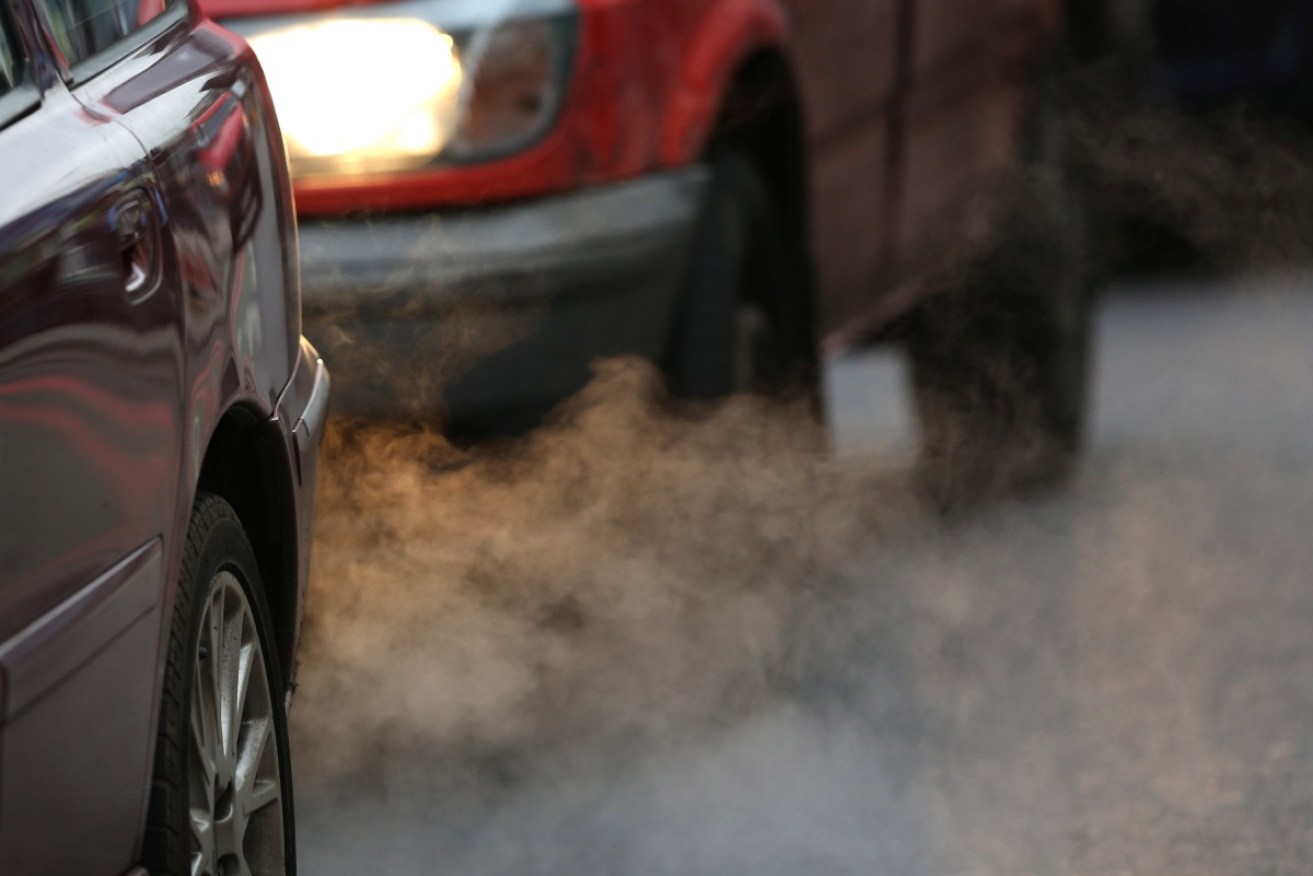Australia has no plan at all to reduce transport emissions


Australia's policy efforts to curb transport emissions have so far been lacking. Photo: Getty
Efforts to curb carbon emissions from Australia’s transport sector have been almost non-existent, casting further doubt on government’s lax and at times deceptive approach to reducing greenhouse gas pollution.
This week, the Intergovernmental Panel on Climate Change (IPCC) published a startling report demonstrating that global warming will hit the planet harder than many had predicted – and worldwide action will need to be taken almost immediately to fend off the worst of it.
Only a few days before the release of the IPCC’s damning results, The New Daily reported that Prime Minister Scott Morrison’s claims Australia will meet its Paris Agreement emissions-reduction target disagrees with data from the Department of Environment and Energy – suggesting Mr Morrison either doesn’t understand the data produced by his government, or is actively lying about it.
Government has since claimed it can meet its emission-reduction commitments by scaling up existing emissions policies, but in one sector those policies a sorely lacking.
Australia is one of very few OECD nations that doesn’t have greenhouse gas emission standards for vehicles, despite transport being listed by the Department of Environment and Energy’s 2017 emissions predictions as the third-largest contributor to our greenhouse gas output in 2017.
A ministerial forum was established in 2015, which a spokesperson for Deputy Prime Minister and Minister for Infrastructure, Transport and Regional Development, Nationals leader Michael McCormack, said will “co-ordinate a whole-of-government” approach to dealing with transport emissions. But this forum is yet to provide a concrete solution to the issue.
“The government has not yet made a decision on how any measures may be implemented,” the spokesperson said.
Last year, the transport sector added 96 million tonnes of carbon to the atmosphere, and that figure is tipped to grow to 112 million tonnes by 2030, making it the second-largest emitter behind electricity generation and the largest-growing emitter too.
The road to fuel efficiency
On a global level Australia’s approach to transportation is also viewed poorly.
A 2018 report from US energy think tank American Council for an Energy-Efficient Economy (ACEEE) placed Australia 20th for transport efficiency, making it one of the “lowest-scoring countries” on this front.
“It is the only developed economy we assessed that does not have fuel economy standards in place for passenger vehicles,” the ACEEE report said. “It also lacks standards for heavy-duty trucks.”
“In addition, Australia has a low percentage of public transit use and invests only about 26 cents in rail facilities for every dollar spent on road construction and maintenance.”
Behyad Jafari, chief executive of the Electric Vehicle Council, said Australia is about 10 years behind much of the world on this issue, adding that policy to encourage a transition to electric vehicles could effect a “seismic change” in the nation’s greenhouse gas emissions.
Mr Jafari said electric vehicles could already replace a quarter of the vehicles on the road, and global trends suggest other nations are already shifting towards electric cars.
Globally, he said, electric vehicles account for 2 per cent of all new car sales, while in Australia they comprise only 0.2 per cent – meaning electric vehicle uptake could increase 10 times and Australia would still only be “in the middle of the pack”.
The spokesperson for Mr McCormack told The New Daily that government “supports the uptake of electric vehicles” through several measures, including a higher luxury car tax threshold for energy-efficient cars, financial support for research into uptake barriers, and the provision of “up to $1.1 billion” to assist businesses to invest in low-emission vehicles.
Further, the spokesperson said government’s Green Vehicle Guide and mandatory fuel consumption labels were introduced to help consumers “choose more efficient vehicles”.








